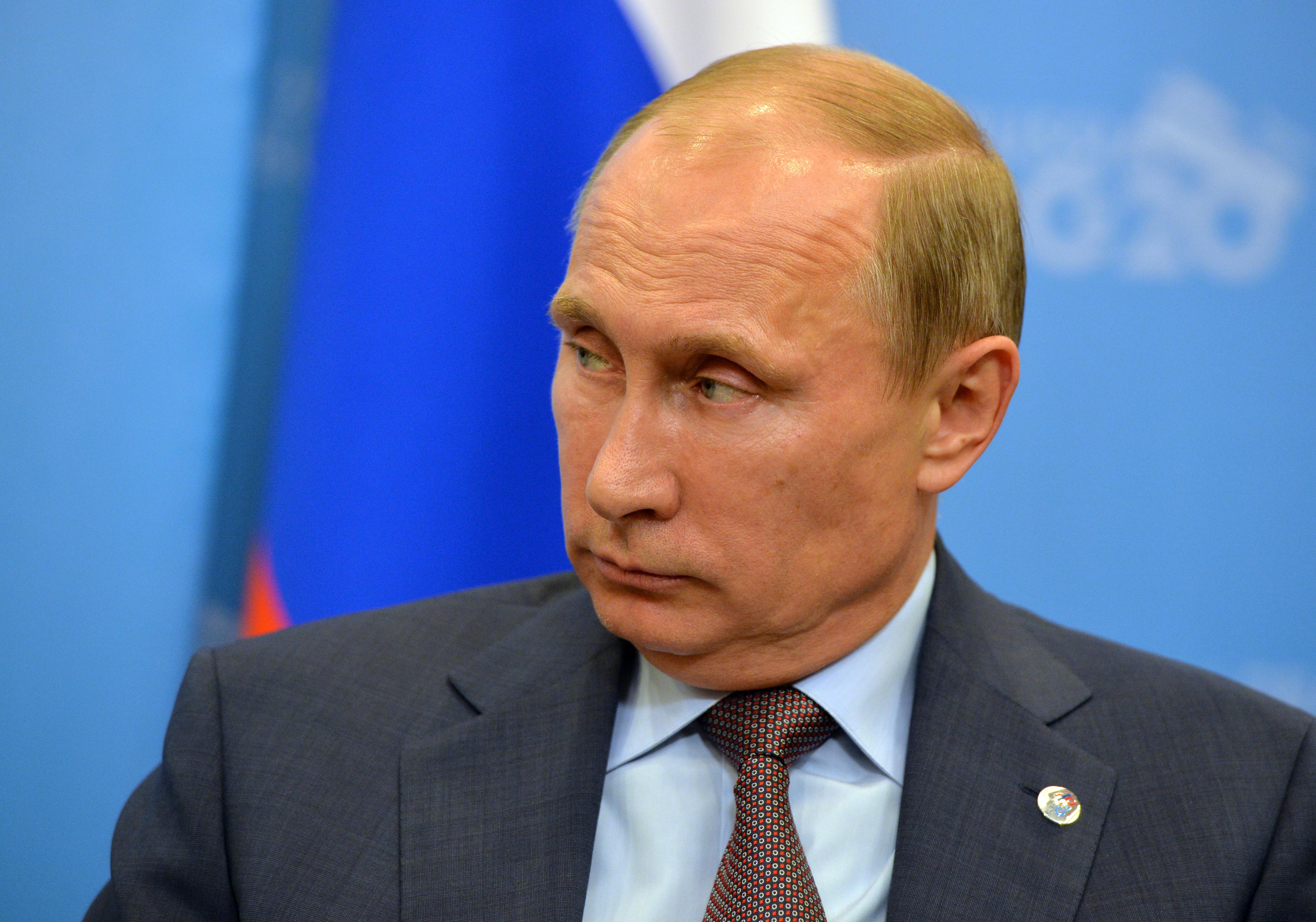Most American bloggers would be thrilled if their government announced that they were officially journalists. Press passes! Insider access! In Russia, however, the journalist label comes with a bit of baggage—namely, state oversight and strict censorship of any potentially contentious reportage.
It’s bad news for Russian bloggers, then, that starting today, anyone who attracts more than 3,000 daily readers to his blog is considered a de facto journalist and must register. (In a largely symbolic gesture, LiveJournal has already stopped reporting blog subscribers beyond the 2,500 mark.) Registration entails turning over your personal details to the government—including, of course, your name, meaning anonymous blogging is now illegal for many. (By the way, the law applies to any blog written in Russian for Russians; a post you write from a Brooklyn cafe could face censorship from Moscow.) Bloggers will also be held liable for any alleged misinformation they publish, even in comments written by somebody else. And, insult to injury, bloggers aren’t even allowed to use profanity; a single naughty word would put them in violation of the law. Failure to comply results in a $280 to $1,400 fine as well as a ban on your blog.
The new legislation represents a rather obvious attempt by the Russian government to shut down all criticism of the Kremlin, particularly from the left. The government has already granted itself the authority to shut down any website and used this power to crush popular left-leaning news sites. With this next step, the Kremlin clearly hopes to scare the smaller fish into complying with the official party line. And Russia’s insane Internet crackdown won’t stop with blogs: Starting in 2016, all websites that store data on Russian citizens will have to move their servers to Russian soil—a blatant attempt to assert control over social networks and search engines.
At this early date, it’s still unclear whether Putin can truly police the Internet within his country with a firm enough hand to block out all opposition. His early moves, however, have already succeeded into heavily steering the news narrative in a pro-Russia direction. Virtually every mainstream Russian news outlet reported that the MH17 crash was caused by Ukrainian forces—a lie that further vilifies Putin’s foe, the Ukrainian government—instead of the Russia-aligned rebels. At this point, a skeptic could still seek out contradicting information on the Web. But as Putin turns the screws, the outlets for dissent are dwindling at an alarming rate.
